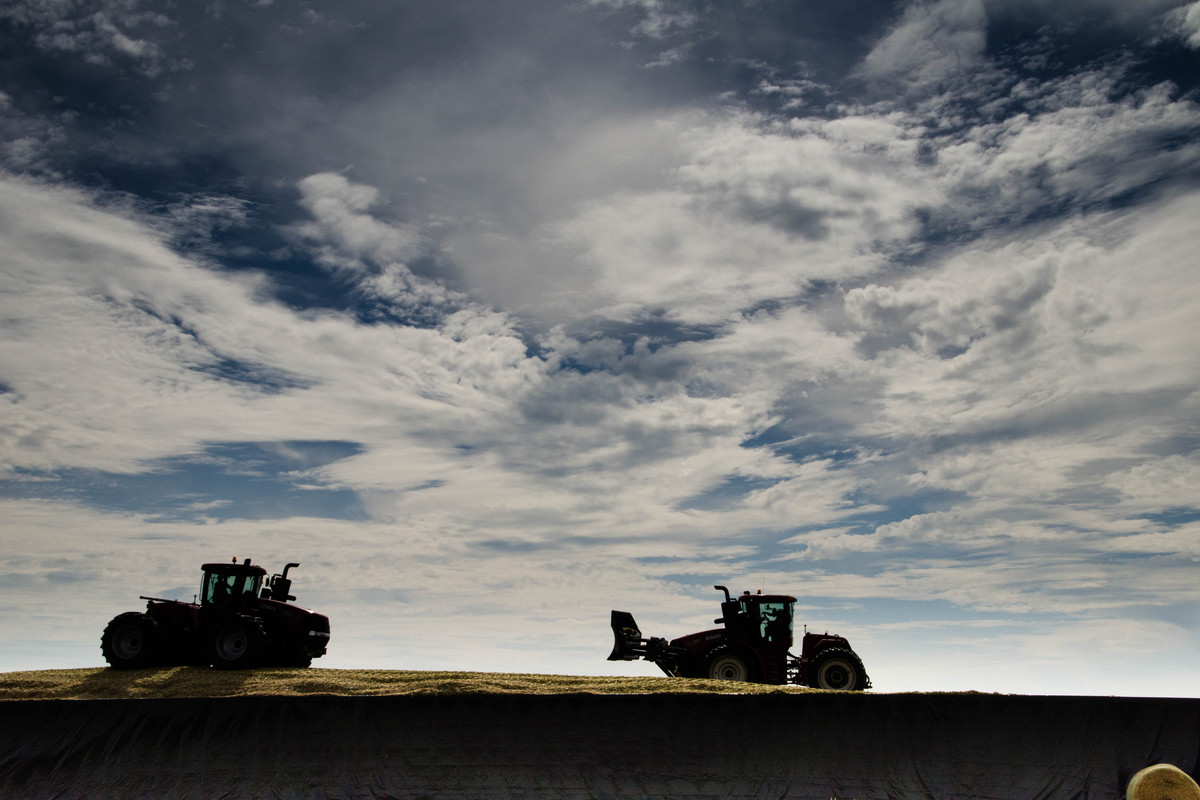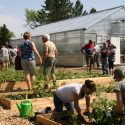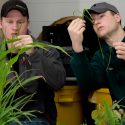UW Organic Ag Field Day to focus on alternative reduced-till approach

Arlington Agricultural Research Station. Photo courtesy UW–Madison College of Agriculture and Life Sciences
Farmers who grow organic row crops such as corn and soybeans already have a number of successful weed-management tools at their disposal — but there’s always room for more.
Now organic soybean growers have an additional option, known as the roller-crimper technique. This promising approach involves farmers growing and knocking down a cover crop using a roller-crimper tool — to help smother weeds — all before planting.
Advances in this technique will be the key focus of this year’s Organic Agriculture Field Day, set for 9:30 a.m. to 2:30 p.m. Sept. 2 at the University of Wisconsin–Madison’s Arlington Agricultural Research Station.
Research at the station shows that organic farmers who use this approach can markedly reduce, and even eliminate, tillage or cultivation during the soybean production year. They are able to achieve yields of 45 bushels per acre, which is on par with typical organic soybean production.
“We’ve been researching cover crop-based organic no-till at Arlington since 2008, and we’ve seen it’s an excellent strategy to produce organic soybean in southern Wisconsin,” says Erin Silva, UW–Madison assistant professor of plant pathology and UW-Extension organic production systems specialist, who organized the field day.
The event will feature Jeff Moyer, farm director of the Rodale Institute, a nonprofit organization in Pennsylvania dedicated to developing and sharing best practices for organic farming systems. Moyer, who is considered a pioneer of roller-crimper practices, will talk about his experiences with the approach and what he has found essential to creating a successful organic no-till system.
“We are thrilled to have Jeff coming to Wisconsin,” says Silva. “He’s the expert in the field, and we’ve been lucky to partner with him in this roller-crimper research for the last eight years.”
The field day will also feature a research update on organic yields and soil quality from the long-term Wisconsin Integrated Cropping Systems Trial; cover crop options following small grains; pasture grass variety trial results; data from on-farm organic pasture productivity and soil quality surveys; and a report on efforts to breed sweet corn for organic systems.
All of the research projects featured during the field day are being conducted at the Arlington station, which has more than 70 acres of certified organic land, or on working organic farms with input from organic producers.
“The organic market continues to grow, with demand outpacing supply, so there’s a need for more organic farmers and more organic acres,” says Silva, who notes that steady market demand has helped keep prices strong for organic corn, soybeans and milk over the past many years.
The registration table at the Organic Agriculture Field Day will open at 9:30 a.m. on Sept 2. A lunch will be available around noon for $10 per person. RSVPs are requested but not necessary. RSVPs and questions can be directed to Erin Silva at emsilva@wisc.edu or 608-890-1503.
The Arlington Agricultural Research Station, N695 Hopkins Road, is located just off Highway 51, about five miles south of Arlington and 15 miles north of Madison.



